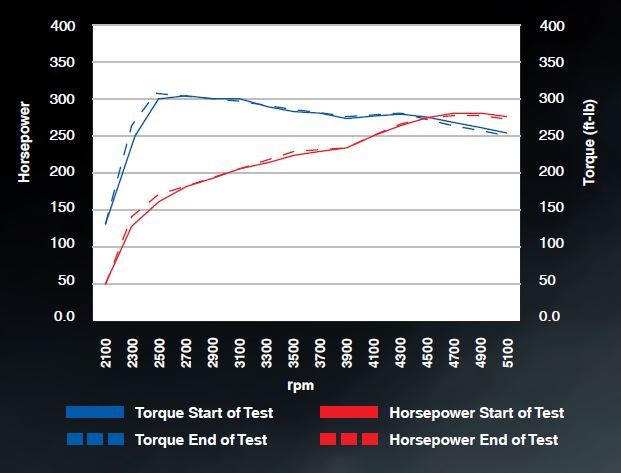Can I Use Diesel Oil in My Gas Engine? It’s good to familiarize yourself with the topic as there are particular conditions which you may benefit from using diesel oil or perhaps you have a fleet and are looking for one oil for everything, one size fits all.. The short answer: It depends on the […]
You are browsing archives for
Tag: API SN
Why Did We Reformulate Signature Series ...
Why Did We Reformulate Signature Series Synthetic Motor Oil? Local Sioux Falls note: We are reposing this article from last fall as it is important to realize the changes coming and how these enhancements will only add to the performance on older vehicles too. AMSOIL’s Signature Series likely already exceeds the future API specification which […]
One Clear Choice in Engine Deposit Contr...
Leading the Field In Deposit Protection Quality is Key Testing proves AMSOIL Signature Series 5W-30 Synthetic Motor Oil provides more complete protection against damaging deposits than its competitors. The push toward smaller, fuel-efficient yet powerful engines has driven the development of several key technologies. Gasoline direct injection (GDI) and turbochargers are now common features of […]


